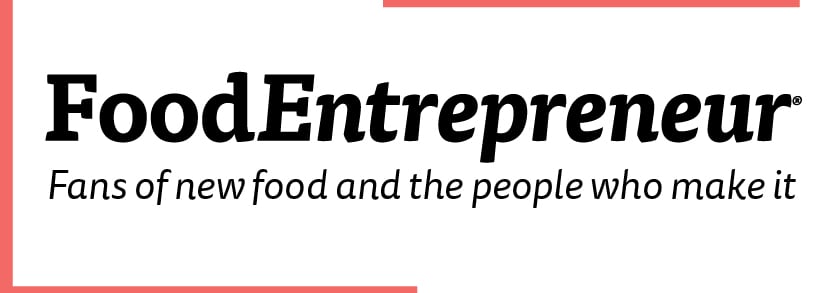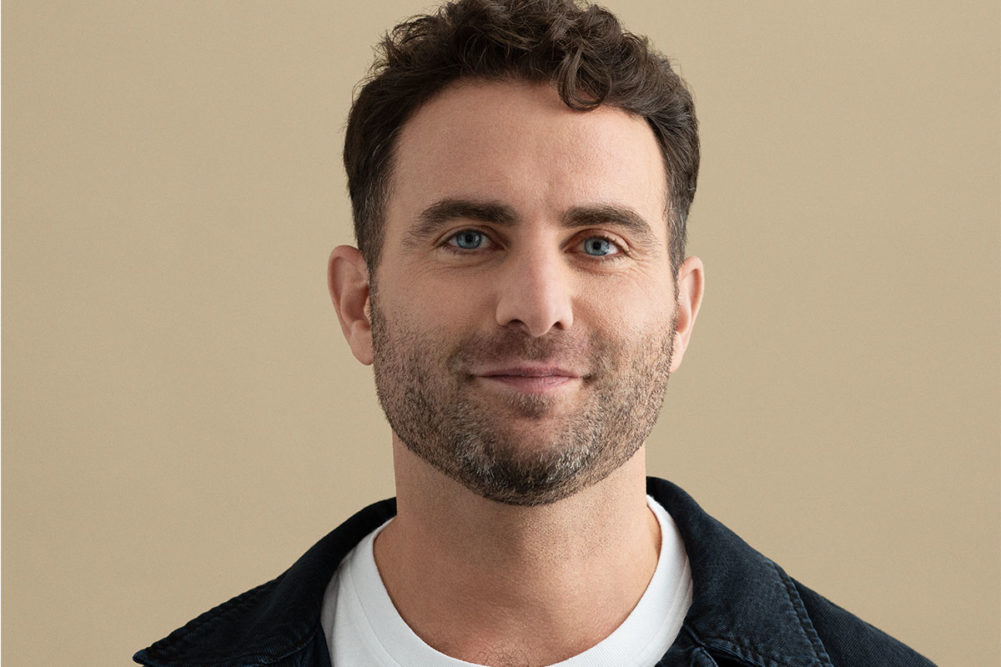 NEW YORK — Three consumer products industry notables have raised more than $312 million to launch a growth equity firm backed by a “who’s who” of industry investors.
NEW YORK — Three consumer products industry notables have raised more than $312 million to launch a growth equity firm backed by a “who’s who” of industry investors.
Humble Growth is led by Peter Rahal, co-founder of RXBAR; Andrew Abraham, chief executive officer and founder of Orgain; and Nick Giannuzzi, founder and partner of law firm Giannuzzi Lewendon. Its lineup of limited partners includes Nestle Health Science; Verlinvest, which has invested in Oatly, Vita Coco and Tony’s Chocolonely; Mike Repole, co-founder of BodyArmor SuperDrink; Gary Hirshberg, founder and CEO of Stonyfield Farm; Paulo Lima, co-founder of IT Cosmetics; and Sean Lang, founder of Ainsworth Pet Nutrition.
“Whatever issue a company has … someone’s got the experience, someone’s gone through it, and we can pull them into the situation to help,” Mr. Rahal told Food Entrepreneur. “The bench is really deep, and it's a super attractive offering. Name a retailer, name a problem, and our group has faced it, and that experience is super valuable.”
He said he and his partners at Humble Growth “want to be an institution in this space to allow and enable and help founders and management teams execute their vision faster, easier.”
“If you’re looking to raise capital or growth money, there really isn’t a founders’ fund or operator-led fund that has empathy, that can hold you accountable … that’s been there, that can really help you look around corners,” he added.
Mr. Rahal is widely regarded as an entrepreneurial success story, having created a disruptive “no BS” protein bar brand that within five years was acquired by Kellogg Co. for $600 million. Following that transaction, he established Litani Ventures, focusing on early-stage investments in consumer brands.
“Building RXBAR, I didn’t raise growth equity … and the reality is I wanted to,” he said. “Turns out we didn’t need it, but in the process … it would have been great to have some experience around the table.”
In an interview, he discussed the origins of Humble Growth and shared advice for founders seeking to raise capital.
Food Entrepreneur: How did the three of you come together to launch Humble Growth?
Peter Rahal: Nick, Andrew and I have all been investing a bit. We were doing seed deals, not very rigorous, more emotionally based, and it turns out venture investing in consumer goods, food and beverage, beauty, it actually doesn’t make sense because you’re not going to have enough billion-dollar outcomes to outweigh all the losses.
Very quickly it became clear to me that that sort of early-stage investing just doesn’t make sense for investors, but what does make sense is larger growth checks when the company clearly has enough data to show product-market fit and they are one or three moves away from a real sizeable attractive business for an acquirer. The growth stage objectively just makes sense for consumer goods, and we came together and saw the opportunity in the market.
What is your investment thesis for Humble Growth?
Mr. Rahal: We define what we invest in as fast-moving consumer goods, so across food, beauty, beverage, vitamins, even apparel … and then also the infrastructure enabling service providers or parts of it; for example, a raw material supplier or a co-manufacturer, a marketing or email service …
The most important thing is we have to understand the market and, more importantly, be able to really help the management teams build their companies.
Check size is between $10 million and $40 million. That dictates the size, so the company needs to have enough revenue to be able to swallow that size of check. You’d have to be doing north of $20 million, generally.
How is Humble Growth different from other institutions?
Mr. Rahal: I’ll be the first person to tell the founder or CEO that they shouldn’t raise money. There’s just a level of candor and honesty that we operate with that is differentiated.
In this business there are three things that are really important in building a consumer goods company. One, it’s the product. Two, it’s the people. And three, it’s distribution.
With product, both Andrew and I were product-obsessed CEOs, and in particular with my experience with product design and packaging with RXBAR, there’s a lot of knowledge and value I can contribute and refine a business’s product. And we know all the service providers, contract manufacturers to help engineer the product, make it as good as possible.
It turns out once you get your product right, all that matters is people and building the best-in-class culture. In talking to tons of founders and tons of executives, whether you’re selling protein bars, lip gloss, eyelash extenders, whatever it is, the company-building part is actually the really hard part of the organizational piece. In my experience of investing and advising, at the end of the day, that’s what everyone needs help with. If you spend enough time with a company, the strategy part becomes obvious … but what they need help with is building and scaling the organization and defining the culture and ensuring its values are lived in action.
The third, distribution, whether its e-commerce or direct to store, we have that experience; we have all those relationships.
Those three pillars are what make us attractive to have on your cap table.
What skills and expertise do each of you bring to the table?
Mr. Rahal: Nick is the best deal engineer I’ve ever seen. Whether it’s a contract with an influencer or celebrity or contract manufacturer or eventually an M&A deal, he has the experience and pattern recognition and knows how to best design and structure those deals. He’s an incredible asset.
Andrew’s experience … he’s pretty amazing. I’m still looking for something wrong with him. He’s good across everything. Product, people, distribution, pricing, everything. He’s what they call a five-tool player.
My experience is more around … what I’m most proud of what I did at RXBAR was the culture building and team building. That’s probably where my greatest strength is. And, of course, packaging design, positioning, marketing strategy …
But between us three we have everything covered, and even if there is redundancy with Andrew and I, together we can definitely help position a company in the best way possible.
In today’s challenging environment, what advice do you have for entrepreneurs seeking to raise capital?
Mr. Rahal: Grow slow until your product is ready. The biggest mistake is people will raise money when their product is not ready and try to grow, and it’s not a good use of funds.
Is product-market fit more important than profitability from your perspective?
Mr. Rahal: I think product-market fit is most important, and profitability comes. If you have true product-market fit, the bottom line works out. If you’re a growth company and you have product-market fit, you don’t want to make money. You should be running it to net 1%. And then once you get to scale you can adjust and be very profitable.Enjoying this content? Learn about more disruptive startups on the Food Entrepreneur page.





